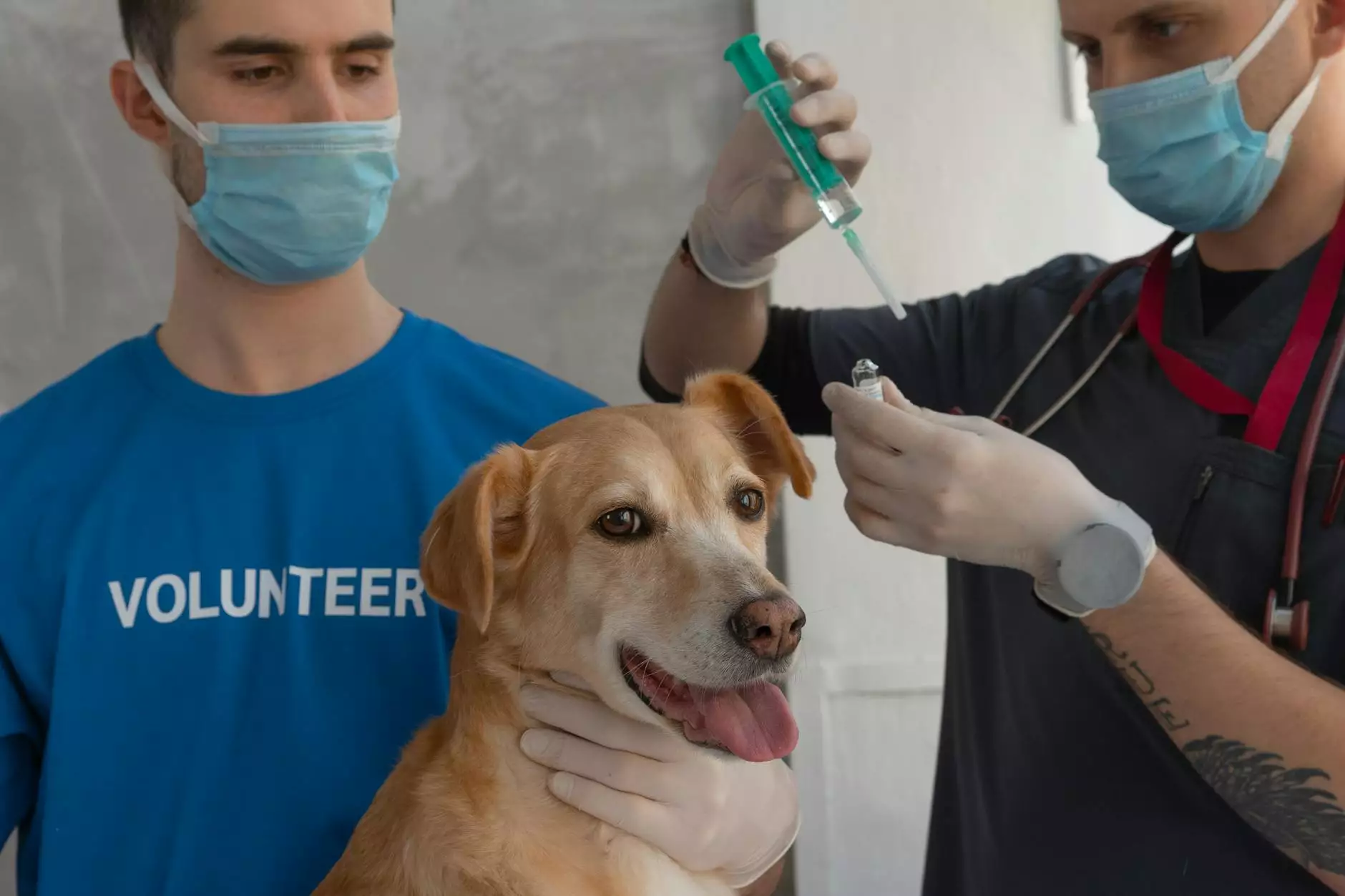The Essential Guide to Horse Medication

Caring for your horse goes beyond just feeding and grooming. It involves a deep understanding of horse medication, ensuring that your equine companion remains healthy and performs at its best. In this guide, we will delve into everything you need to know about horse medication, covering various aspects such as types, administration, and the importance of using the right medications.
Understanding Horse Medication
Horse medication encompasses a wide range of products designed to prevent, diagnose, and treat health issues in horses. It is crucial for horse owners to have a solid understanding of the types of medications available and when to administer them.
The Importance of Proper Medication
- Health Maintenance: Just like humans, horses require regular health check-ups and medications to maintain their well-being.
- Performance Enhancement: Many medications are intended to enhance a horse's performance, allowing them to compete better in races and other events.
- Preventive Care: Vaccinations and deworming medications can help prevent serious diseases that can be detrimental to your horse's health.
Types of Horse Medication
There are several categories of horse medication based on their purpose. Understanding these categories is vital for any horse owner.
1. Anti-Inflammatory Medications
Anti-inflammatory drugs are essential for managing pain and reducing inflammation, especially in competitive horses suffering from injuries. Common types include:
- NSAIDs (Non-Steroidal Anti-Inflammatory Drugs): These include phenylbutazone and flunixin meglumine. They are widely used to alleviate pain and inflammation.
- Corticosteroids: These are used to reduce inflammation and immune response but come with potential side effects if not managed correctly.
2. Antibiotics
Antibiotics are crucial for treating infections. It is important to administer the correct antibiotic for the specific type of infection:
- Procaine Penicillin: Often used for treating various bacterial infections.
- Oxytetracycline: Effective for treating respiratory and other systemic infections.
3. Anthelmintics (Dewormers)
Deworming is vital for keeping your horse healthy. Regular deworming can prevent intestinal parasites that can cause significant health issues:
- Fenbendazole: Commonly used against strongyles and pinworms.
- Ivermectin: Effective for a broad spectrum of internal parasites and external parasites like mites.
4. Vaccinations
Vaccinations are preventive medications that help protect your horse from various infectious diseases:
- West Nile Virus Vaccine: Protects against a potentially fatal disease carried by mosquitoes.
- Equine Influenza Vaccine: Essential for horses that travel or compete.
5. Supplementary Medications
In addition to primary medications, many owners choose to provide supplementary medications to support their horse's overall health:
- Joint Supplements: Ingredients like glucosamine and chondroitin sulfate help support joint health.
- Digestive Aids: Probiotics and prebiotics can enhance gut health, particularly in stressed or traveling horses.
Administering Horse Medication
Proper administration of medication is critical to ensuring its effectiveness. Here are key points to consider:
1. Route of Administration
Horse medication can be administered in several ways, depending on the type and purpose:
- Oral: Many medications are given as pastes, powders, or liquids directly in the horse's mouth.
- Intravenous (IV): Some medications, particularly antibiotics and anti-inflammatories, are given through IV for immediate effect.
- Intramuscular (IM): This method involves injecting medication directly into the muscle and is common for vaccinations.
2. Dosage Accuracy
Always adhere to the veterinarian's prescribed dosage for any medication. Dosage may vary based on the horse's weight, age, and health condition.
3. Timing and Frequency
Some medications must be administered at specific intervals and times throughout the day. Always follow recommended guidelines to ensure maximum effectiveness.
Consulting a Veterinarian
Before starting any horse medication, it is crucial to consult with a qualified veterinarian. They can recommend the appropriate treatment based on your horse's unique needs. Building a long-term relationship with your vet will facilitate better health decisions for your horse.
Understanding Side Effects
All medications can have potential side effects. Always be attentive to any changes in your horse's behavior or health and report them to your vet:
- Common side effects: These might include lethargy, gastrointestinal upset, or allergic reactions.
- Severe reactions: Occasionally, certain horses may have more severe reactions to medications, which requires immediate veterinary attention.
Conclusion: The Importance of Knowledge in Horse Medication
Being well-informed about horse medication is fundamental for any horse owner. Understanding the various types of medications available, their administration, and the importance of regular vet consultations will ensure that your horse remains healthy and performs optimally. Always prioritize your horse's health by investing time in learning about the right medications, enhancing their quality of life and overall performance.
For more information on horse medication and health care, visit us at racehorsemedcare.com.









